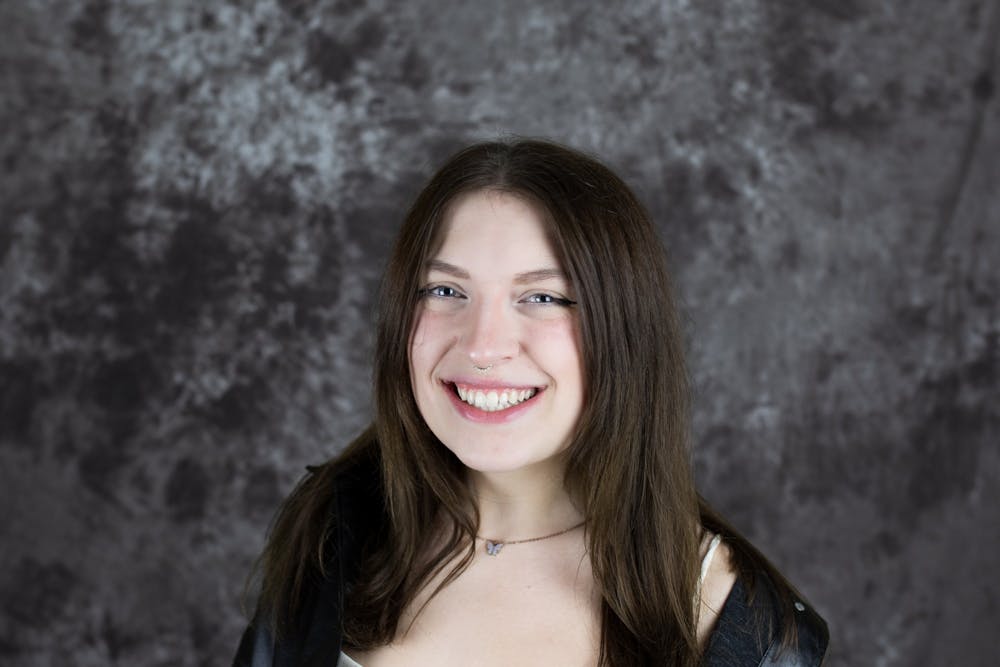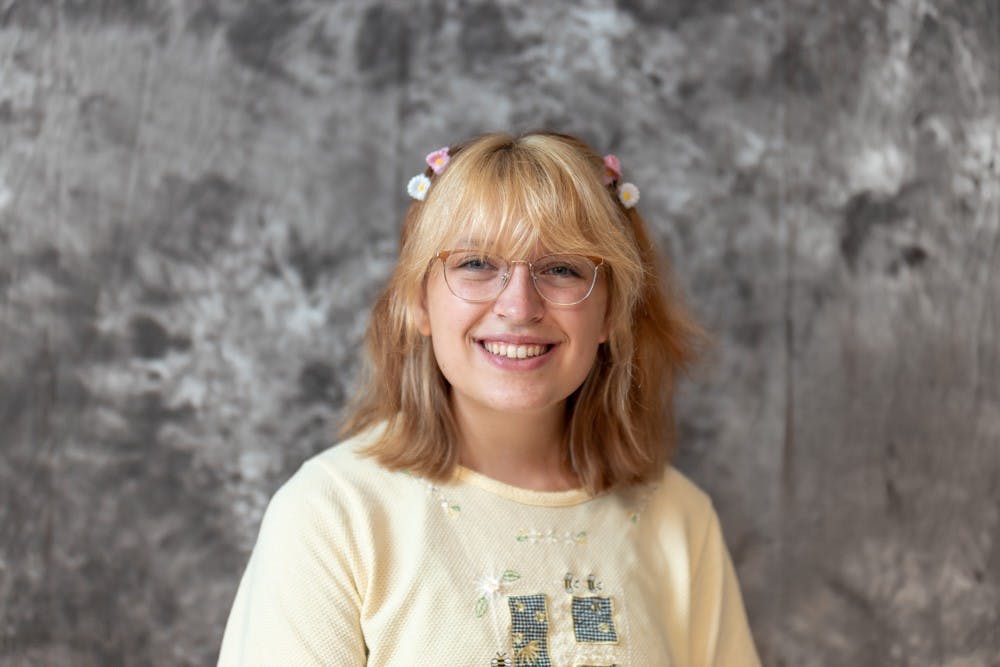When I first realized I was a lesbian, a mounting weight lifted off my chest. It was one that I hadn’t even known existed until it was gone, a crushing pain of knowledge that had laid out of reach for so long.
The lack of celebrity crushes, the indifference to high school boyfriends, the hesitation to go on second dates — it all suddenly clicked together. It wasn’t pickiness, or commitment issues, or some obscene dedication to my studies.
I simply didn’t like men.
There was a euphoria to it, this realization, the kind of settling bliss that comes with finding out who one truly is. Before, I didn’t know breaths could come so freely, that my insides had been wound so tight, unconsciously tripping over this lack of attraction for years.
Yet, even as my body relaxed, as my mind settled into this identity, something gray and heavy trickled its way beneath my ribs and into my blood, a slow and steady poison.
It wasn’t an unfamiliar feeling, but it wasn’t one I was expecting: loss.
Amid this great discovery, I was grieving.
It was as though every image I had of my future, of my present, even bits of my past, severed itself from my new reality.
Gone were the days of flirting with boys at the beach. Gone was the ease of knowing my boyfriend would be invited to Thanksgiving dinner. Gone was the morning-after gossip about who kissed which boy at the previous night’s party.
Without even knowing it, there was this whole world constructed around men, constructed around being attracted to and attracting men. For years I had been a part of this world, participating in it happily with my friends and family.
And just like that, I could no longer access it.
Shame swelled at the pit of my stomach.
If I didn’t like men, why did it hurt so much to lose this part of life?
Was I actually a lesbian if I so badly missed being included in this world of men?
The swirling mix of shame and mourning plagued my conscience for days on end, eating away at every thought it could.
There was no one to turn to — I hardly had any other queer friends at the time, and not a single one of them was a lesbian.
I was isolated, alone in this bubble crafted outside the space of desiring men.
I wasn’t ready for this peripheral existence.
Even today, months after coming to terms with my sexuality, I still haven’t fully stopped grieving. The deep ache is less constant than it was before, but it still pulsates every once in a while.
I feel a tug at my heart when my mom and I are deciding which rom-com to watch and the couples are only heterosexual.
There’s a heaviness when I have to explain to my cousins for what feels like the millionth time, that no, I will never consider having a boyfriend.
There’s a strain when I hear the words, “I can turn you straight,” after telling a man I’m not interested on the account of being gay.
I’ve learned to be OK with my grief, to not let it consume me, but to let it roll in and out like the tides of the ocean.
Being a lesbian is hard.
I wasn’t mourning men, I was mourning a life of less challenge.
Of course you are going to be upset when you realize that who you are, an identity that can hardly be chosen, will not always be accepted by others. That your grandmother won’t understand that loving a woman is just as fine as loving a man. That kissing in public or holding hands with one another won’t always be safe.
How could I not grieve?
These were not shameful feelings.
Yes, it feels f—ing fantastic to be out and proud, to exist in this spectacular community of other queer people.
But it’s also terrifying and lonely.
So don’t stop yourself from feeling these emotions, from allowing yourself to mourn the life you envisioned.
Don’t let the sadness consume you.
Cradle it, nurture it, be kind to it.
This is part of you, part of your identity, as much as the euphoria of being true to yourself is.
Coming out is not always pretty.
Don’t ignore the bad parts just because they’re ugly or unexpected — they’re just as important.
Accepting them is accepting yourself.
Kara Anderson is a senior arts editor and can be reached at kara.anderson@ubspectrum.com

Kara Anderson is a senior arts editor at The Spectrum. She is an English and Spanish double major and is pursuing a certificate in creative writing. She enjoys baking chocolate chip cookies, procrastinating with solitaire and binging reality TV on the weekends.





